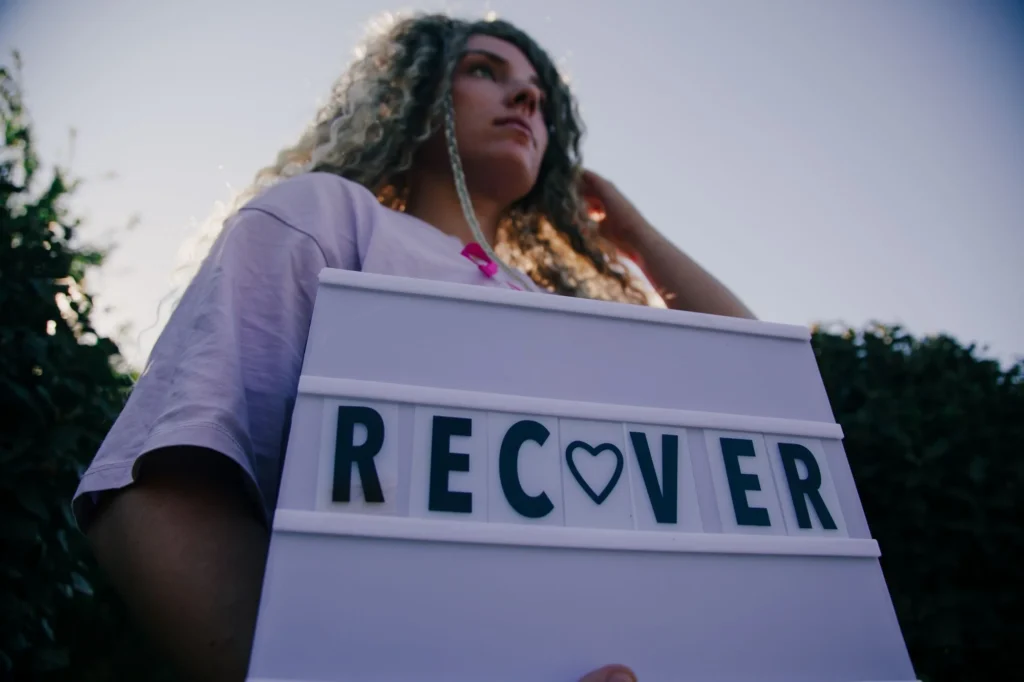Misuse of prescription drugs is an increasing public health issue in the United States. Unfortunately, this issue knows no age limit and can affect people as young as twelve years old. While the most commonly abused category of prescription drugs is opioid painkillers, anti-anxiety medications, sedatives, and stimulants are also frequently misused. According to the 2017 National Survey on Drug Use and Health, an estimated 2 million Americans misused prescription painkillers for the first time that year, and approximately 18 million misused some form of medication.
Prescription drug abuse is any use of prescription medication in a way not intended by the doctor. This can mean you are taking a friend or family member’s prescription, snorting or injecting ground-up pills, or a higher dosage than prescribed to you.
Most people do not intentionally abuse their prescription drugs, but there are many reasons it happens. Some people may abuse prescription medication for the purpose of getting high, to reduce their appetite, feel relaxed, prevent withdrawal, or improve concentration.
To reduce your risk of prescription drug addiction, it is advised to carefully follow the doctor’s instructions. There are additional tips to help prevent prescription drug abuse as well as treating it.
If you choose to treat your prescription drug addiction, we recommend safely detoxing with qualified medical professionals to help manage any withdrawal symptoms.
Tips for Preventing Drug Abuse
There is a saying that goes, “an ounce of prevention is worth a pound of cure.” The biggest reason people start abusing prescription drugs is access. Prescription medications are often found at home in a cabinet, making them easy to retrieve. Here are five ways to effectively prevent prescription drug abuse:
Keep Your Drugs Safe
Keeping your prescriptions safe is critical to preventing drug abuse. Frequently count the number of pills in each bottle to make sure the right amount is there, and no one else is using your medications. It is also best to keep the medication bottles in a locked cabinet to keep them out of reach to others.
Have Someone Manage Your Medications
If you fear you might abuse or be abusing your own prescription medications, keep yourself away from them until needed. Appoint someone you know and trust to manage your prescription medications on your behalf and monitor when you are taking them. Your health and safety are of the utmost importance, which is why this is a necessary and important step.
Dispose of Unused Medications
Once you have cleared your medical or mental health condition or the time limit for taking your prescription drug expires, dispose of the remaining pills. Leaving excess medications lying around can create temptation and urges to take the medications unnecessarily. Prevent the abuse of prescription medications by controlling what is available at your disposal.
Never Share Medications
Your doctor prescribed your medication for you and for a specific reason. It is not okay to share your medication with anyone else or for anyone else to share their medication with you. There is no way of knowing how someone will react to any particular medication, which is why it is important to let the doctor oversee the usage of medications.
Follow the Prescription
Every prescription medication comes with specific instructions on how to administer it. Carefully follow the directions as given by the doctor on how to take your medication. Otherwise, deviating from the intended instructions counts as abusing the medication.
Treating Prescription Drug Abuse
The rates of people abusing their prescription medications are high. When this happens, people often need assistance overcoming their addiction with a rehab center like ours at Mount Sinai Wellness Center. We have the programs, resources, and therapies necessary to treat prescription drug addiction. Our program combines nonaddictive medicinal detoxification with cognitive behavioral therapy to help our clients rid themselves of pill dependency.
Withdrawal symptoms can be dangerous, specifically with opioid abuse. Here is a partial list of withdrawal symptoms associated with painkiller withdrawal:
- Difficulty breathing
- Drastic increase in blood pressure and heart rate
- Hallucinations
- Body tremors and convulsions
- Stomach cramping, nausea, and vomiting
Clients will also work closely alongside our professional licensed therapists. Together, they will identify the root cause of the addictive behavior and help the client find long-term and effective solutions by providing the necessary tools and skills.




